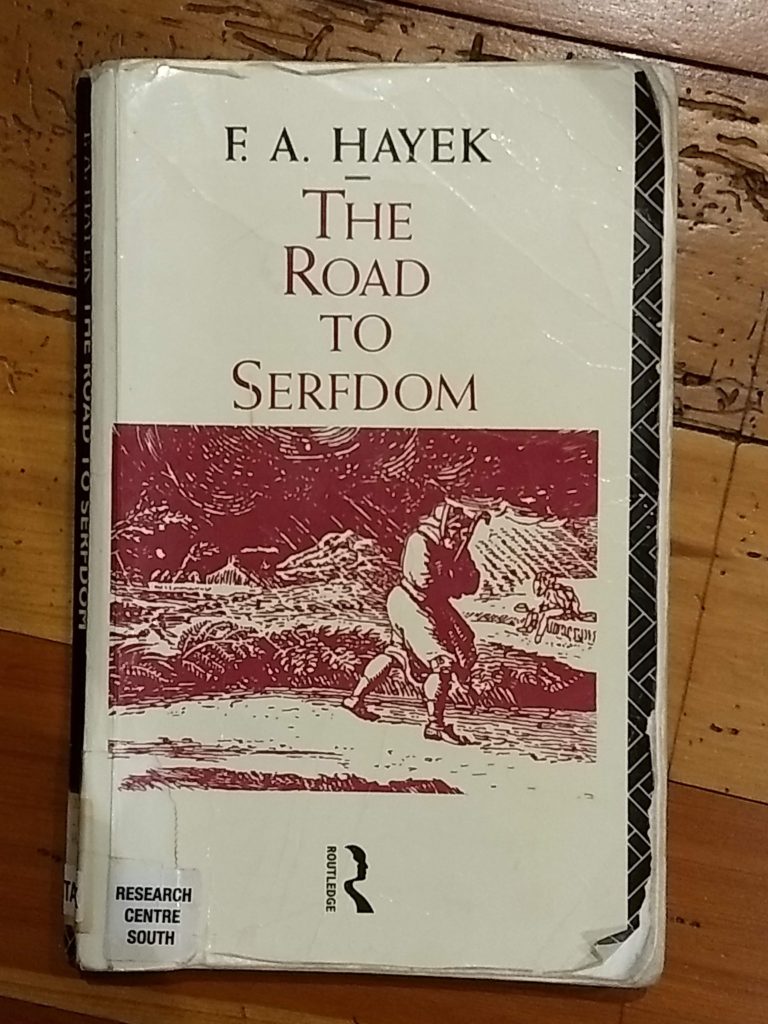 “Freddie” Hayek is, of course, famous for the epic rap battles between him and his arch-nemesis, the maverick economist and Bloomsbury groupie John Maynard Keynes. Keynes may have been more charismatic, but Hayek had the edge in writing. The Road to Serfdom is a compelling and passionate defence of free-market economics and is much more readable than Keynes’s dense The General Theory of Employment, Interest and Money. Even the title is snappier. (The General Theory wasn’t written for a popular audience, though — Essays in Persuasion is a better read, although maybe less influential.)
“Freddie” Hayek is, of course, famous for the epic rap battles between him and his arch-nemesis, the maverick economist and Bloomsbury groupie John Maynard Keynes. Keynes may have been more charismatic, but Hayek had the edge in writing. The Road to Serfdom is a compelling and passionate defence of free-market economics and is much more readable than Keynes’s dense The General Theory of Employment, Interest and Money. Even the title is snappier. (The General Theory wasn’t written for a popular audience, though — Essays in Persuasion is a better read, although maybe less influential.)
Hayek does come across as a bit of a Cassandra, terrified that a bit of well-meaning socialism is just the first step on the slippery slope to fascism, totalitarianism and, well, serfdom. The shrillness of his warnings is explained by the context: he was writing during the second world war, and saw echoes in contemporary American society of Germany in the interwar years. He grew up in Austria before living and working in the USA and England, so he was well-placed for this comparison.
Continue reading →
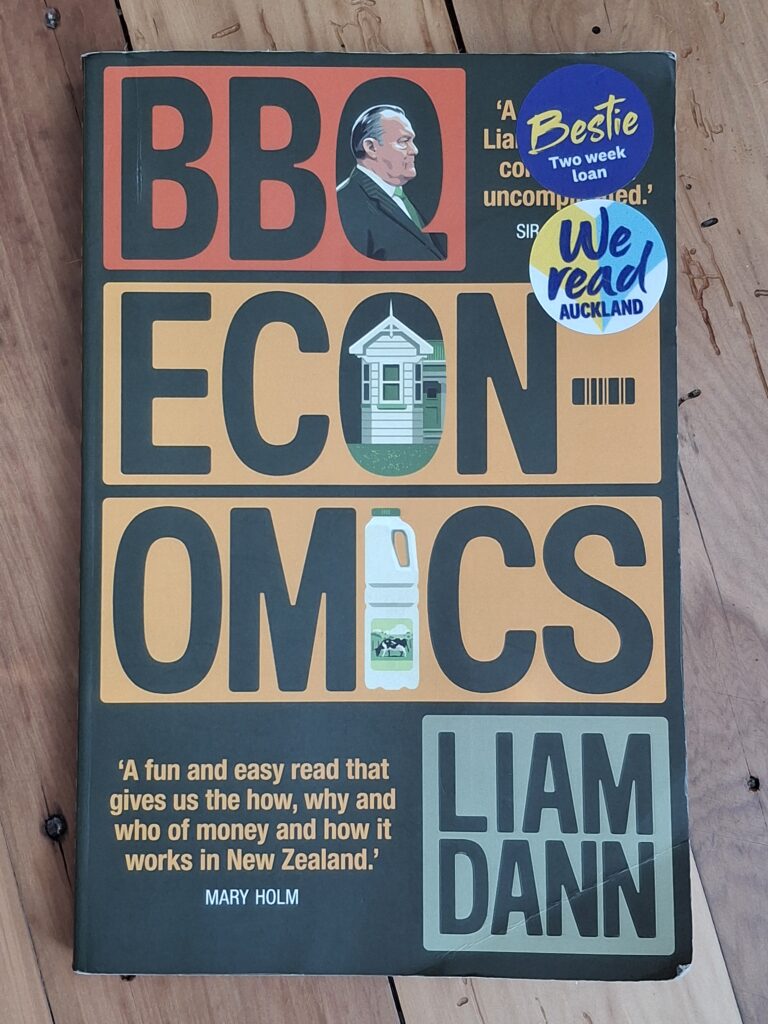



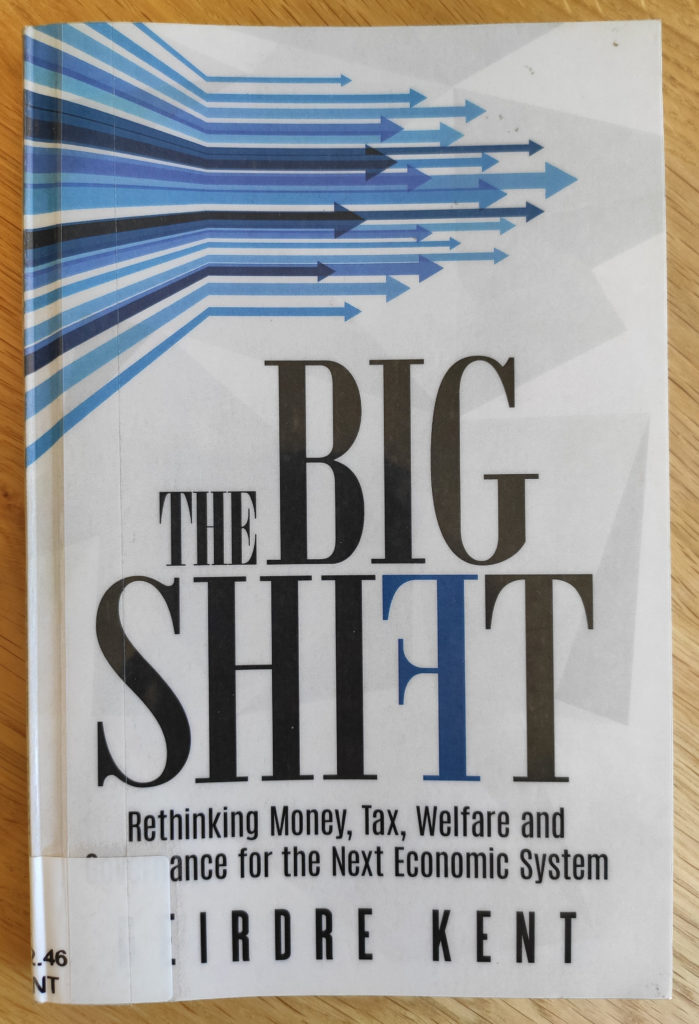
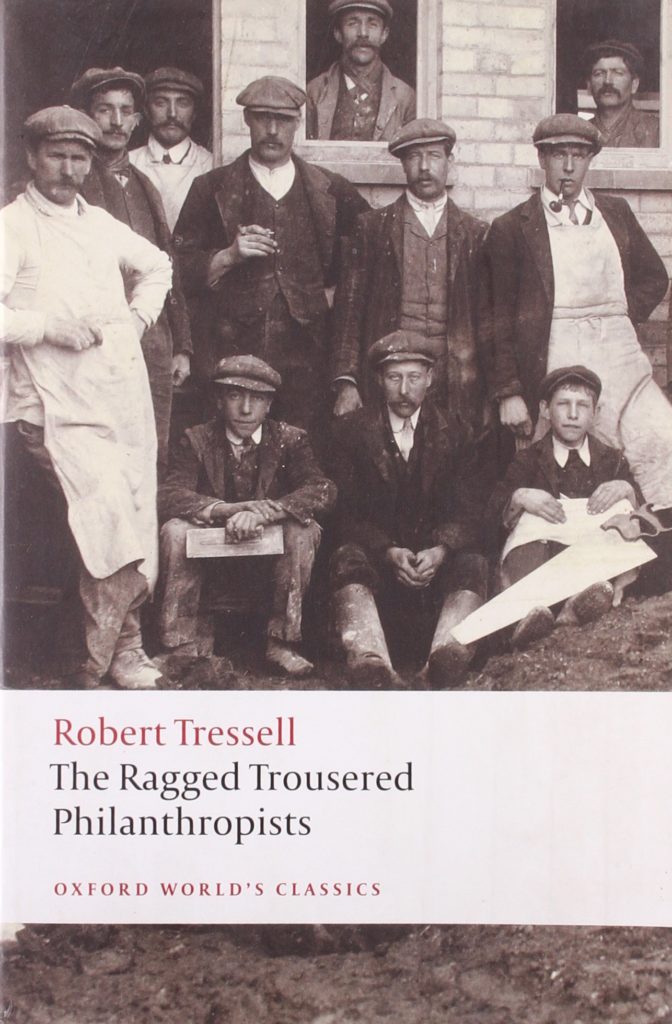
 “Freddie” Hayek is, of course, famous for the
“Freddie” Hayek is, of course, famous for the 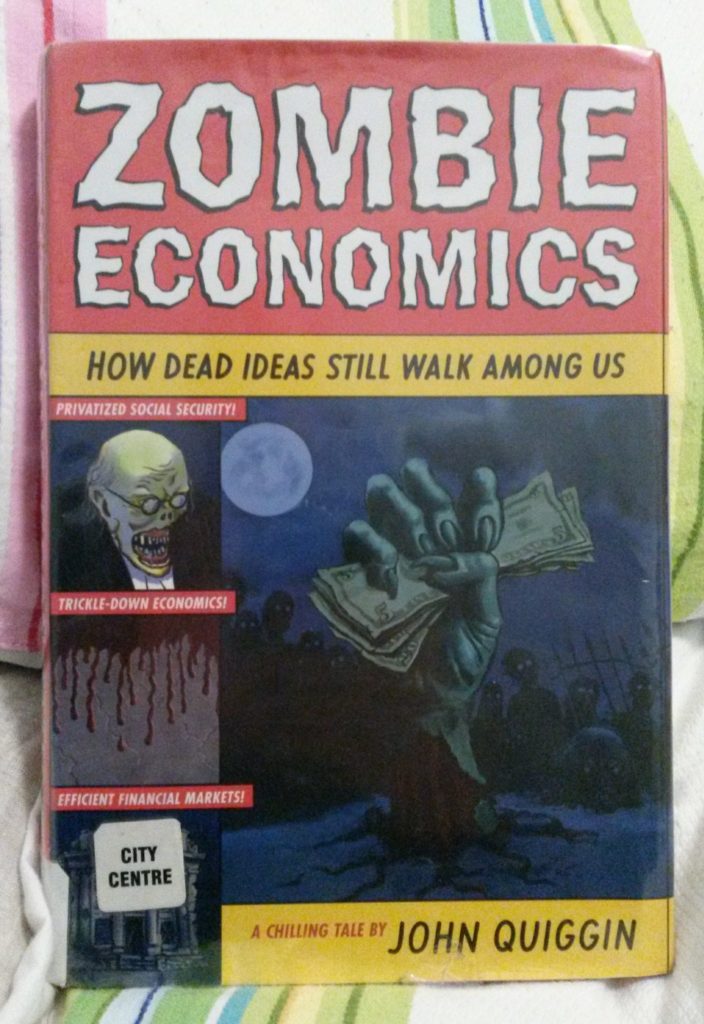
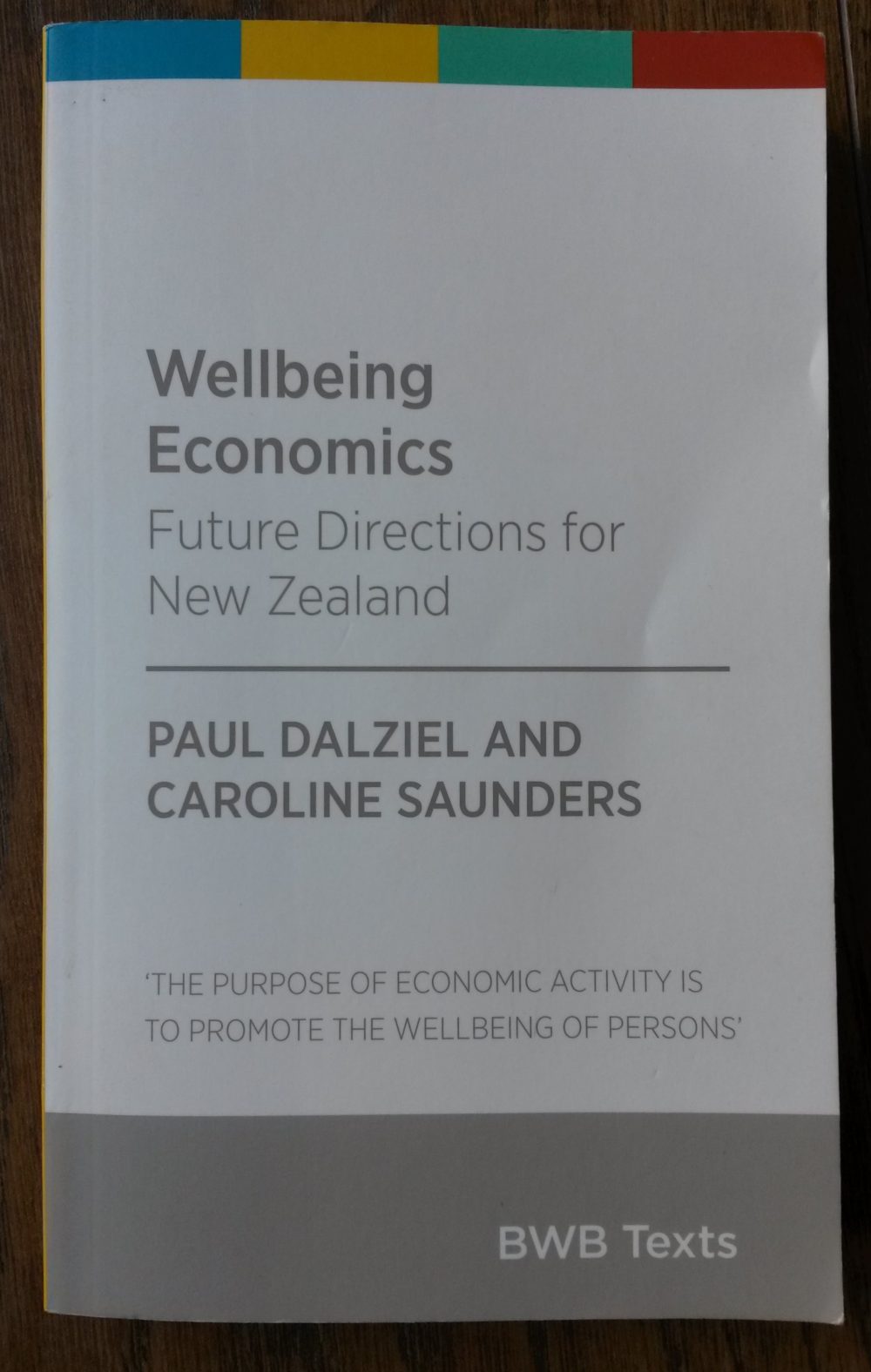 This short but thought-provoking book describes a way that New Zealand’s economy could be reorganised to focus on the wellbeing of all its citizens, defined as
This short but thought-provoking book describes a way that New Zealand’s economy could be reorganised to focus on the wellbeing of all its citizens, defined as